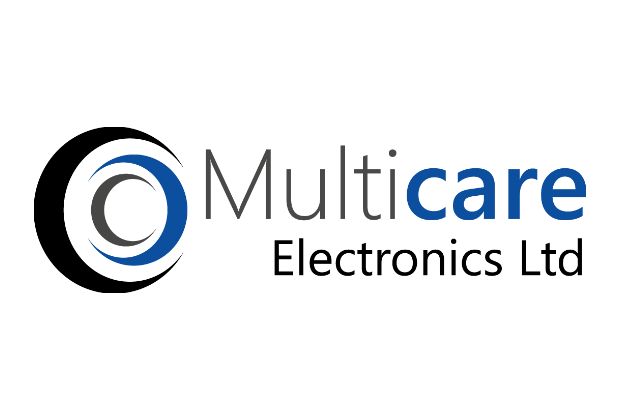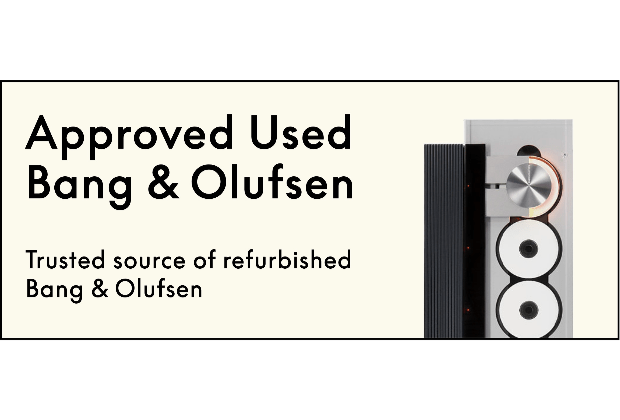Home › Forums › Product Discussion & Questions › BeoLink › Masterlink Gateway – is it any use to me?
- This topic has 10 replies, 3 voices, and was last updated 1 year, 5 months ago by

-
AuthorPosts
-
5 August 2024 at 11:27 #58006
 GOLD Member
GOLD MemberI recently bought a job lot of some B&O items as it included some parts I wanted (IR eye, BEO4, some useful cables, and other bits and bobs). It included a MasterLink Gateway.
I thought I would just sell it on eBay (I connected it to my PC and followed the setup guide I found online to check it was working; it does), but before I sell it, I really don’t know what it does – is it any use to me? As far as I can gather it’s intended for integrating with certain types of home automation, from the days before smart home devices, so they could be controlled with your B&O remote. Is that all it does? I do love a bit of home automation, but all of my devices are modern smart home ones controlled with Google Home.
I just wanted to make sure it wasn’t any use to me before I sell it. In one room I have a Beosound 4, Beovision 8, Beolab 3500, Beolink PC2 and Beolink Passive, all connected on the same ML network, and also a Beolab 2000 connected to the same ML network but in a different room. Would adding the ML Gateway to this add any benefit?
Location: Liverpool
My B&O Icons:
4 September 2024 at 11:53 #58852As the MLGW supports custom strings via HTTP/JSON etc. it is
– possible to use it with e.g HomeAssistant.
– control HUE lights
– Control all your B&O compatible equipment with ML connector through the Webinterface on Browser, Phone, Tablet
– etc.
– etc.There are some great minds here in the forum and outside working on this. Don’t ask me, I’m not one of them 😉
4 September 2024 at 14:42 #58856 GOLD Member
GOLD MemberThanks – I had no idea it could be so useful. I especially like the idea of being able to connect my B&O kit (most of it is in an ML network) with a web interface.
I’ll keep it and investigate this further, thank you! If anyone else has any tips or links to other resources, please do let me know.
Location: Liverpool
My B&O Icons:
8 September 2024 at 20:29 #58959 GOLD Member
GOLD MemberAfter a lot of frustration I’ve at least made a start on this. I managed to update the software to the latest version, then, with the help of the PDF guide (intended for the B&O installer), I’ve spent a good few hours trying to build a web panel with virtual buttons, and also to write macros that I can trigger from my Beo4.
It took me a long time to figure out – once you’ve added your ML products, room, virtual buttons and macros, you have to click the Test button then the Save button to save it in the admin panel – it all appears to have saved, but isn’t really saved until you do that!
So far I’ve managed to build a web panel which carries out some test functions successfully (just basics for now, power off, play CD, and so on), and I have been able to create a macro that responds to the LIGHT button on my Beo4. It is working – I can make it work with my Beosound 4, Beovision 8, Beolab 3500, Beolab 2000 and Beolink Passive, which I have in my ML Network. Only my Beolink PC2 is left out, as that is not ML Gateway compatible.
It seems to be a genuinely useful price of kit for ML products – I’ll continue here as I discover more about how to make it work.
Location: Liverpool
My B&O Icons:
9 September 2024 at 12:25 #58961Madskp
GOLD MemberIt is working – I can make it work with my Beosound 4, Beovision 8, Beolab 3500, Beolab 2000 and Beolink Passive, which I have in my ML Network.
I saw you mentioned a too old software in the BS4 in another thread. Was the newer software not necessary after all, or is it just working with limitations?
Location: Denmark
9 September 2024 at 16:05 #58963 GOLD Member
GOLD MemberIt seems it works without the software update. The documentation is unclear, but I think that the update is only needed in order to have the BS4 pass LIGHT commands to the ML Gateway, but I don’t need to do that.
I have tested various commands on my various ML devices and so far everything works. I have also successfully set the unused LIGHT button on my Beo4 to carry out a specific macro (switch to A.Aux, and increase the volume by 6 – this is because I use A.Aux form my Beogram turntable, and it needs a little but more volume!).
Now I’m trying to figure out how to get it to send custom API commands to my Philips Hue lights, which appears to be possible, but I’m no programmer, so I’ve had no success with that yet!
Location: Liverpool
My B&O Icons:
9 September 2024 at 17:07 #58964Madskp
GOLD Memberbut I think that the update is only needed in order to have the BS4 pass LIGHT commands to the ML Gateway
Ok that also explains why the Beolab 3500 works with it. I have a note about a SW 3.35 that supports the ML gateway, but might also just be for the light commands.
Location: Denmark
10 September 2024 at 11:11 #58973to control e.g. Philips Hue lights, you need custom strings for lamps, scenes etc.
Found on the old forum:
https://archivedforum2.beoworld.org/forums/t/16848.aspxcustom string example from member BEOJEFF:
To gradually turn off the lights:
PUT /api/<username>/groups/0/action HTTP/1.1\0D\0AContent-Length: 39\0D\0AContent-Type: application/x-www-form-urlencoded\0D\0A\0D\0A{\”on\”: false, \”transitiontime\”: 3000}
To gradually turn on the lights:
PUT /api/<username>/groups/0/action HTTP/1.1\0D\0AContent-Length: 38\0D\0AContent-Type: application/x-www-form-urlencoded\0D\0A\0D\0A{\”on\”: true, \”transitiontime\”: 3000}
This means you could use a beautiful Bang & Olufsen Essence Wall or table remote for controlling your lights, light scenes or whatever. 🙂
The Essence remote must be set to “light mode” and you need compatible ML equipment that supports forwarding light or control commands to your MLGW.Endless possibilities as the MLGW can control everything(!) that supports these type of HTTP/JSON control language.
12 September 2024 at 15:40 #59031 GOLD Member
GOLD MemberThanks for this – I haven;t been able to make that work, but I have at least stopped getting error messages.
I tried the above (adding my username and the correct group number for my lights, being 3), and I no longer get the error messages I was getting before when trying to figure this out for myself, but I also get no change in the state on my lights.
This is the simplified version I attempted to just turn on the lights in my office, which I added as below to the Match/command string field:
PUT /api/[username]/groups/3/action HTTP/1.1\0D\0AContent-Length: 12\0D\0AContent-Type: application/x-www-form-urlencoded\0D\0A\0D\0A{\”on\”: true}
I’ve set the Type as Output (command) which I assume is right, but I tried the other two options too, just in case!
I don’t get an error message when I test it, but I don’t get any change in my Hue lights. When I check the monitor, I see this (with the date and time):
E: Custom strings: Hue Test: CONNECT
I assume this means it is connecting to the Hue Bridge successfully, but it isn’t understanding what I am asking it to do.
Location: Liverpool
My B&O Icons:
13 September 2024 at 07:32 #59038For hue control, best way would be to start from scratch with their developer tutorials:
13 September 2024 at 08:27 #59040 GOLD Member
GOLD MemberI have been able to get Hue API commands to work following the instructions on Get Started – Philips Hue Developer Program (meethue.com).
On that page they include a link for Clip API Debugger and some example commands you can try. I have been able to do that – using that Clip API Debugger I have been able to turn the lights on and off, change the brightness, colour and so on.
It’s when I try to translate those same commands into something the ML Gateway can understand that I fail. In the Clip API Debugger you enter the URL and the body command (for example {“on”:true}) in separate fields, then hit the PUT button, and they work. The trouble I’m having is translating those same commands that work there into something the ML Gateway can understand on a single line.
I’ve not figured it out yet, but I’m not giving up!
Location: Liverpool
My B&O Icons:
-
AuthorPosts
- You must be logged in to reply to this topic.























